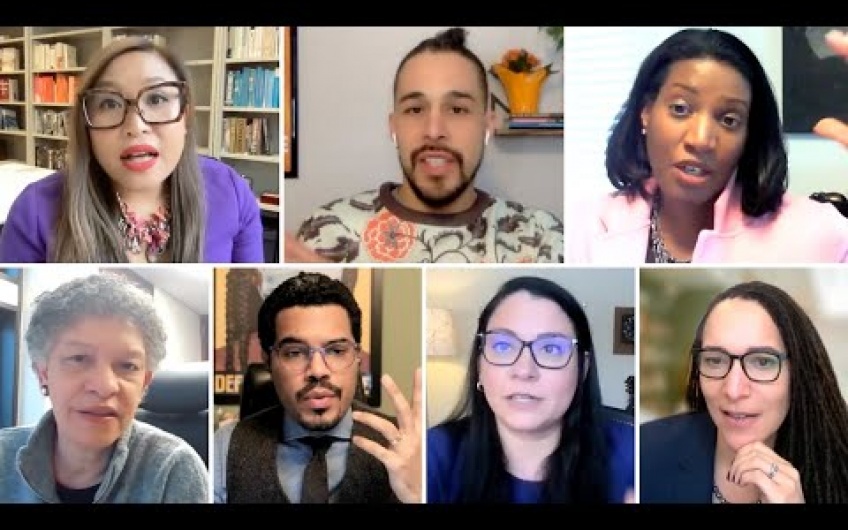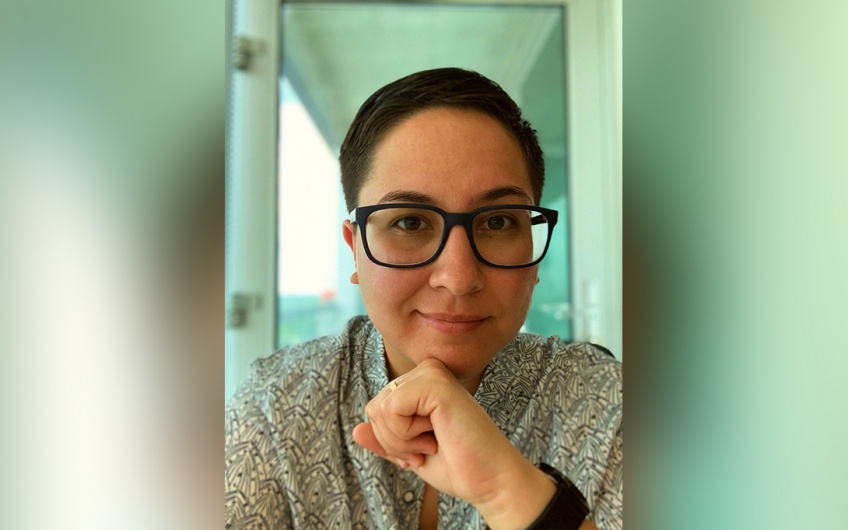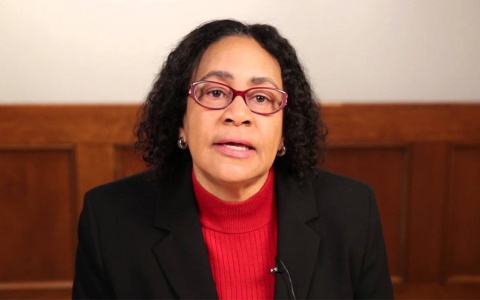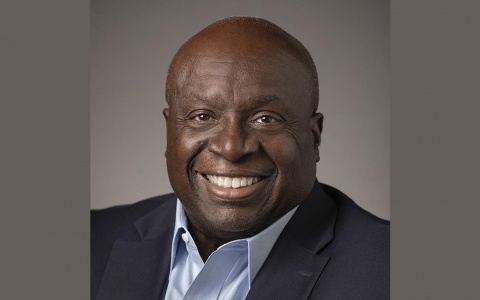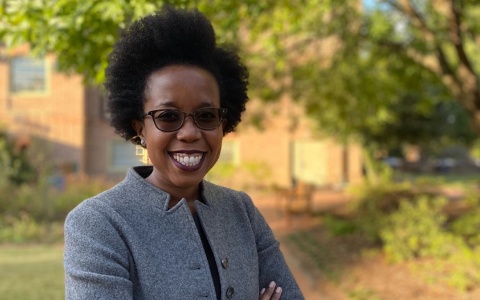Center for Racial Justice
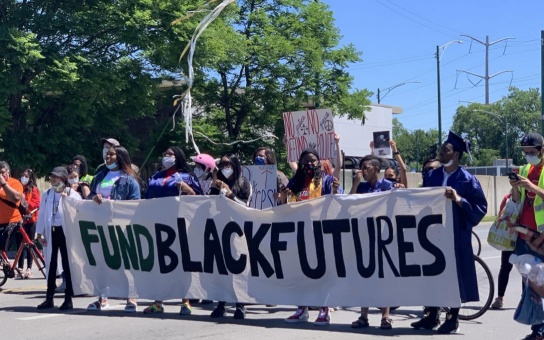
Racial justice is the systematic fair treatment of people, regardless of racial background, that results in equitable opportunities and outcomes for everyone.We seek a world in which people are able to achieve their full potential in life, regardless of race, ethnicity, or the communities in which they live. At the Center for Racial Justice, we seek to explore, analyze, and understand how public policies have undermined or advanced the goal of racial equity, illuminating evidence-based solutions and supporting the changemakers who advocate for sound, just, and fair public policies day in and day out.
The Center for Racial Justice is housed in the Ford School, but it belongs to the entire U of M community. We all have a role to play in constructively shaping it so that it can be a model of rigorous, respectful, and evidence-based dialogue. Planning is also underway for a future Global Racial Foundations of Public Policy series that will explore the relationships between race and public policy from an international perspective.
Through our visiting fellows program, our events, and the resources we offer, the Center for Racial Justice is a space for all who seek to make positive and lasting change in our shared society toward just futures for all. Learn more about us.
Our focus for year one
Masterclass in Activism
Reading circle
Racial Justice Student Initiative Fund
Undergraduate Lunch and Learn

Celeste Watkins-Hayes, director of the Center for Racial Justice
Anti-racist and community-centered research approaches for a more just and equitable society
What we want to do is put race to bed. But the problem is we can't do that until we actually face it. Facing it I don't believe will be complete in my lifetime because we've been facing race since before the United States was the United States. So, to deal with these issues, we have to deal with the fact of how central race was in the formation of our nation and the formation of policies we've enacted. Then, with that honesty, we can go forward in the present and actually make policies that can fulfill the promises of the United States as a representative democracy."
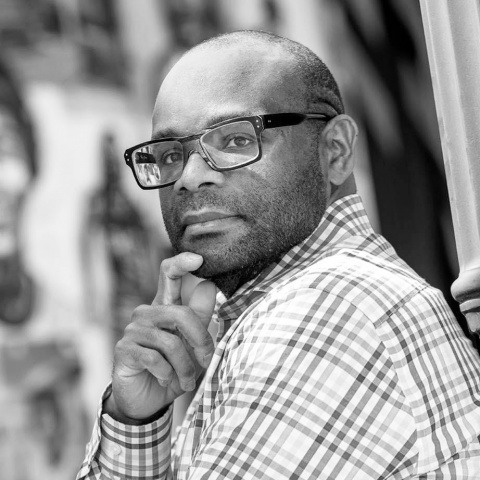
Dr. Trevon Logan
Have any questions?

